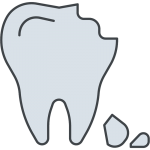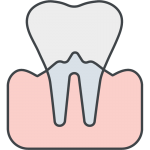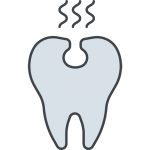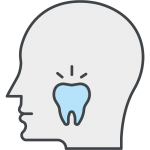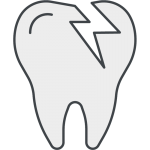Tooth extraction refers to the process whereby a tooth is removed.
It is important to understand that removing teeth is usually a last resort, but depending on the tooth’s condition, it might be required. Once a tooth has become damaged by too much decay for crowns or fillings to repair or once a tooth is far too loose to repair with bone grafting, it might need to be removed. There are several reasons why your dentist may suggest removing a tooth, and in most cases, it is in your best interest.
Wisdom teeth
In most cases, your dentist may recommend having wisdom teeth extracted. This is due to the fact that they can cause a variety of problems ranging from pain to decay to simply having a lack of space to accommodate them.
Decay
Sometimes a tooth can be severely affected by decay that your dentist deems it a hopeless case. This is when a tooth cannot be saved by a root canal or a dental crown or filling. In this situation, your dentist will likely have to resort to tooth extraction if there are no other options.
Orthodontics
The goal of orthodontics is to straighten your teeth and if a tooth is in the way of another tooth that needs moving, it is likely that it will need extraction.
Risk of infection
If you’re undergoing any sort of treatment that requires suppression of the immune system, such as an organ transplant, extracting a tooth or teeth can help prevent infection — both for your teeth and the remainder of your body.
Whatever the reasons for your tooth extraction, it is important that you trust your dentist and realise that this suggestion is most probably being made in the best interest of your oral and overall health.
About Teeth Extractions
Learn more about extractions and oral surgery at Aperture Dental...






